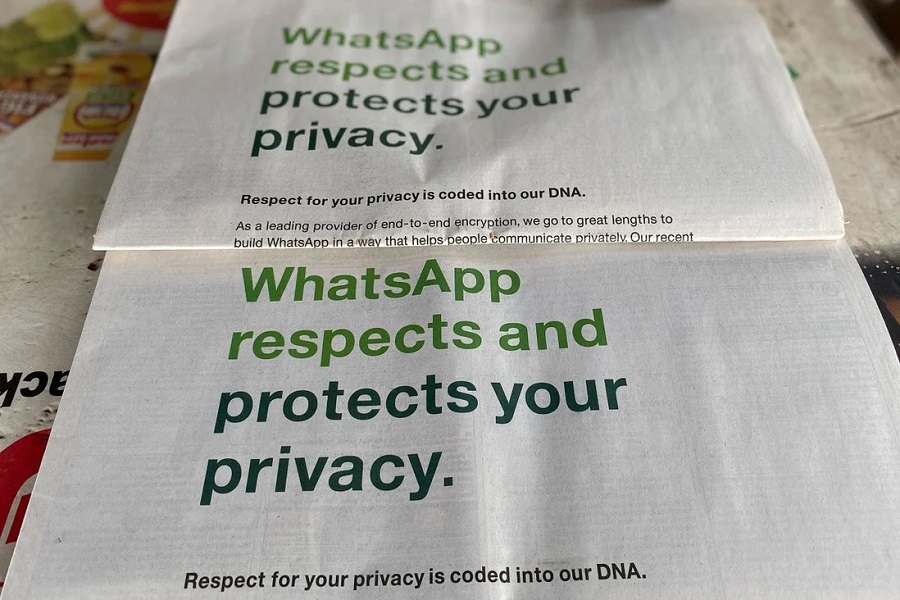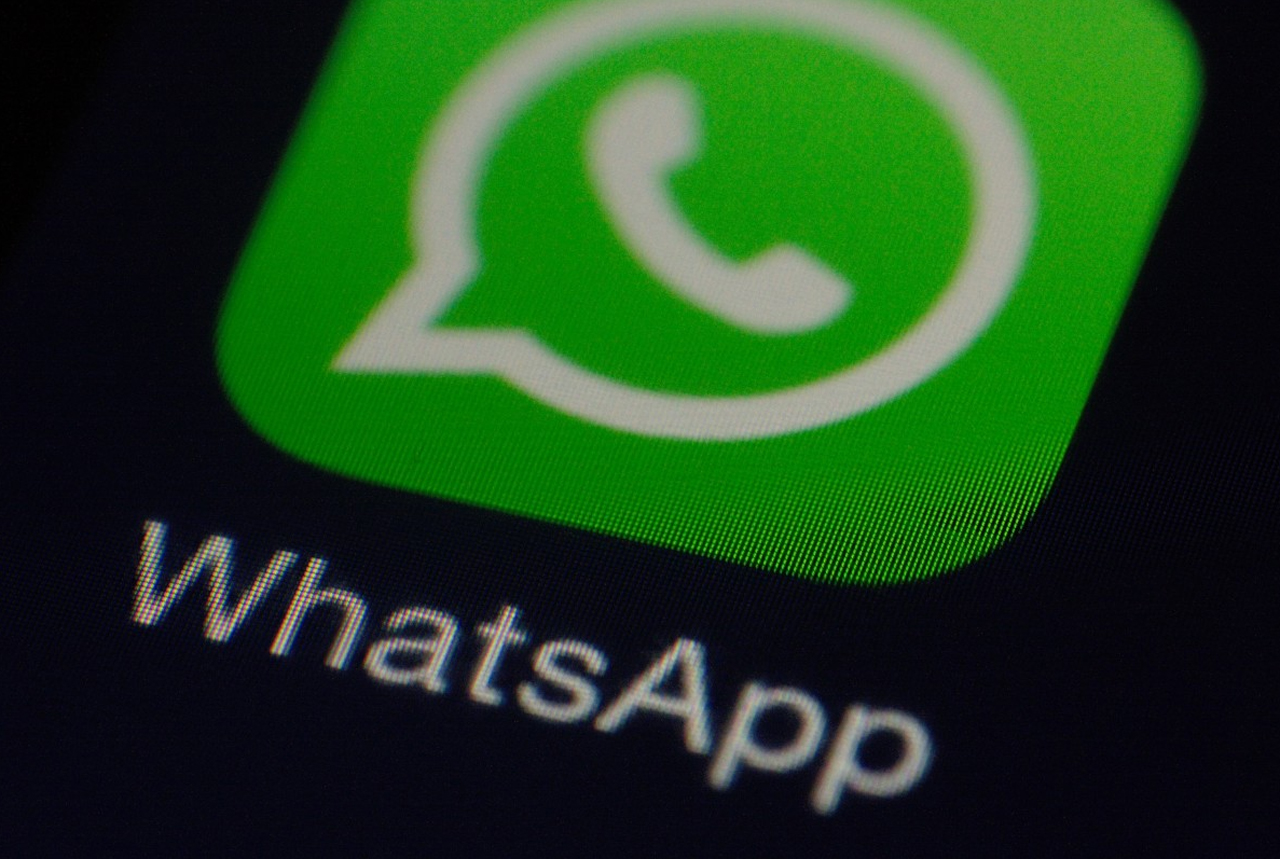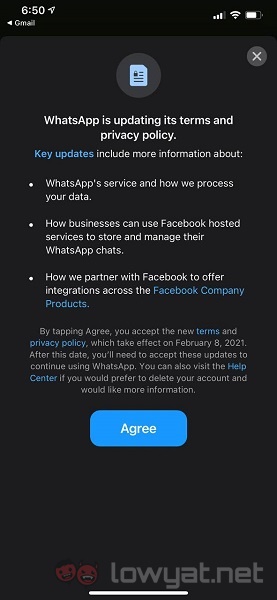WhatsApp has postponed the date by which users must accept an update to its terms and conditions after widespread outcry over privacy concerns. The new deadline is 15 May after being pushed from 8 February.
The controversy began two weeks ago when the messaging app effectively forced users to give it permission to share personal data with parent company Facebook. Since then, after facing intense criticism and user defections, it has scrambled to clarify what exactly their policy update entails.
In announcing the delay, WhatsApp once again reiterated that its privacy policy change (ie. the data sharing bit) would only affect users who message businesses on the platform. Crucially, it said, “This update does not expand our ability to share data with Facebook.” Indeed, WhatsApp already shares user information with other Facebook companies as detailed in this official FAQ post. So, you’re out of luck if you want a total informational blackout between WhatsApp and its Facebook family of companies.
But the suspicion and anger against Whatsapp have been all too real for the company. In India, it hastily bought full-page ads in newspapers, declaring in large, bold letters that “WhatsApp respects and protects your privacy.” Reuters said the ads appeared in at least 10 English and Hindi newspapers, and cost “tens of millions of rupees.” The reason behind the ad blitz is immediately obvious – India is WhatsApp’s biggest market by far, home to over 400 million of its users.

Reuters, citing analytics firm Sensor Tower, said rival app Telegram downloads in India increased by 40% from 5 January to 12 January, while WhatsApp downloads dropped by 30%. But far more astounding are strides made by another rival app, Signal, who has hit 7.1 million downloads in that same period compared to just around 15,000 a few days earlier.
You can see why WhatsApp executives are extremely concerned. And it’s not just happening in India as rival apps are seeing phenomenal growth across the world. WhatsApp has promised to “do a lot more to clear up the misinformation around how privacy and security works on WhatsApp” in the coming days. We’ll see if that staunches the bleeding.
(Source: WhatsApp, Reuters. Image: AFP via South China Morning Post)
Follow us on Instagram, Facebook, Twitter or Telegram for more updates and breaking news.




